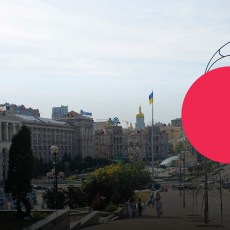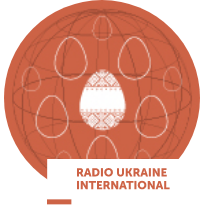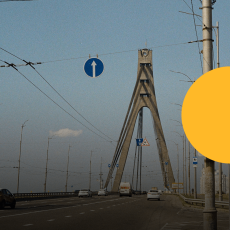The winning city was supposed to be announced on Ukrainian Independence Day, August 24. The announcement was delayed three times, however, before the capital was declared the winner. The reasons for the delays are unknown, but observers have said internal politics played a role. The committee that made the final decision was organized by the Culture Ministry. Alasania said the selection process was suspenseful "up to the last moment - I had no idea which way the decision would go." Nyshchuk likened the contest to a "boxing battle between Odesa and Kyiv." Odesa and Kyiv became the final two choices to host the contest after a "battle of the cities" competition that included Dnipro, Kharkiv, Kherson, and Lviv. The six contestants were partly decided upon by a committee from the European Broadcasting Union that visited each city of them to inspect their infrastructure and evaluate their viability to host Eurovision, Radio Liberty reports. But when it came down to the final decision, Kyiv was chosen because of its superior infrastructure. "Kyiv has airports, and a sufficient number of hotels. The city is already very well prepared to host the event," Nyschuk said. The 11,000-seat International Exhibition Center in Kyiv's Left Bank suburb was chosen as the venue for the event.
Останні новини
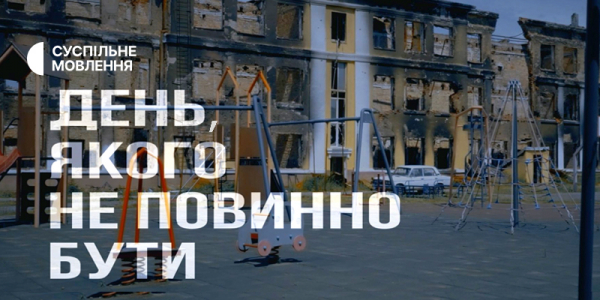
"День, якого не повинно бути" — поезія темних часів на Радіо Промінь

"Без Обмежень" новою піснею закликають берегти військових
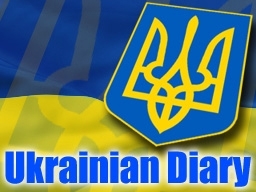
Ukrainian Diary – digest of the most important news over the past week
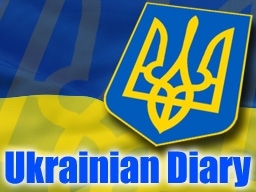
Ukrainian Diary – digest of the most important news over the past week (audio)
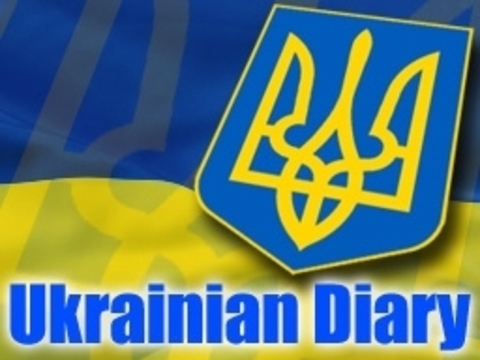
Ukrainian Diary – digest of the most important news over the past week
Related News
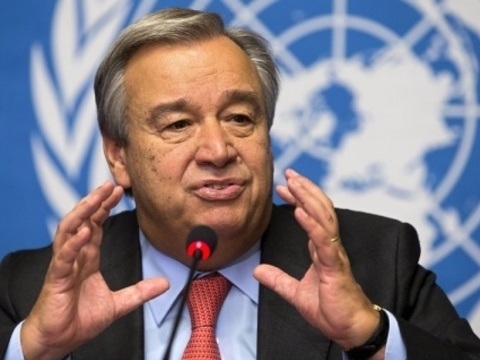
UN names Ukraine one of priority tasks
Freedom House assesses Ukraine as partially free country

IT sphere revenues in Ukraine increase by $ 3.5 billion over year

Misinformation campaign seriously weakened Ukraine
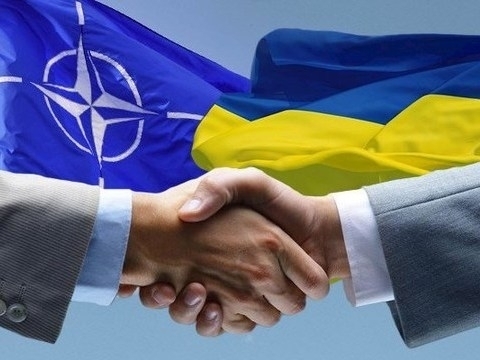
Experts evaluate Ukraine's chances of joining NATO
